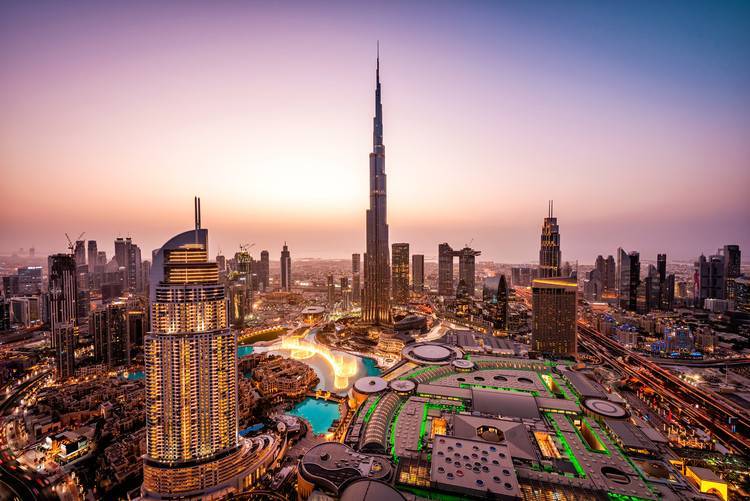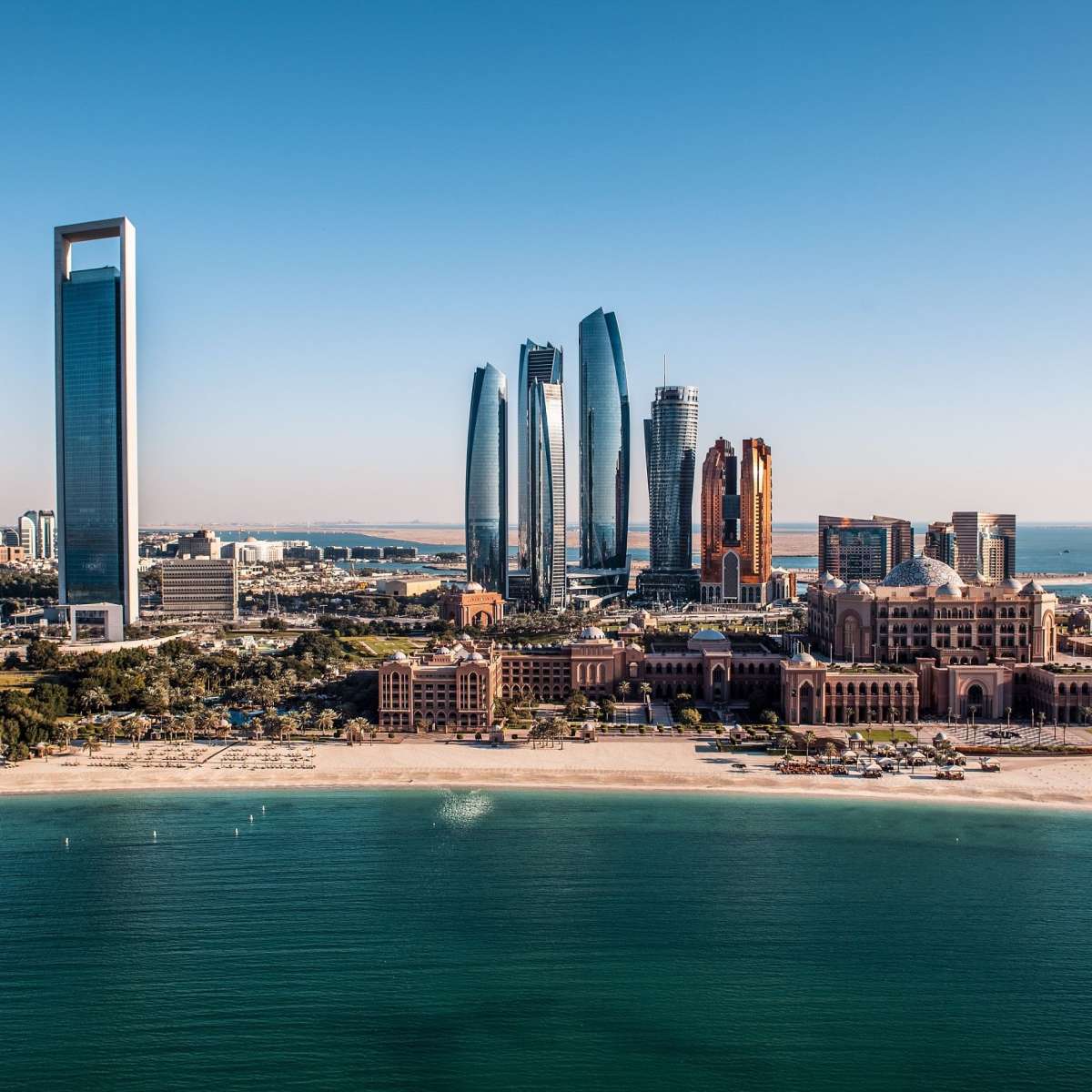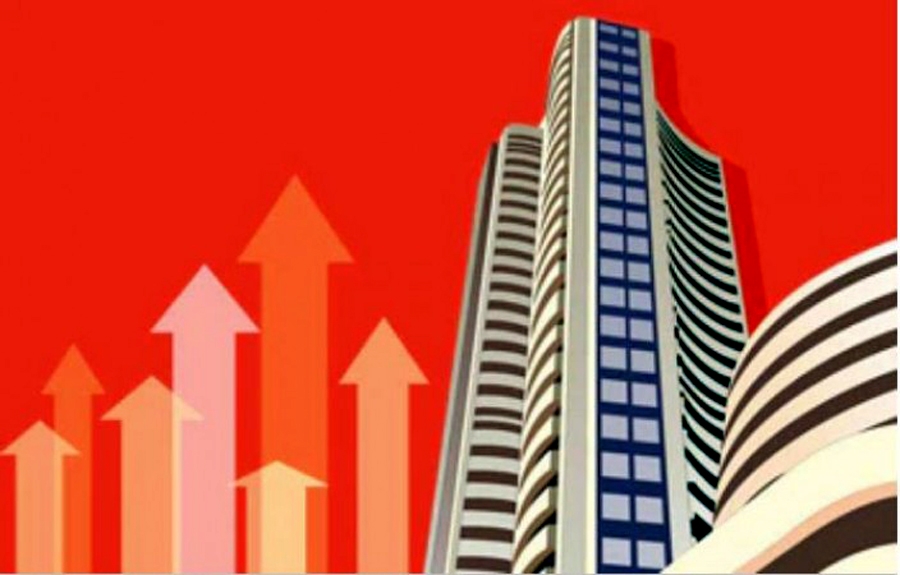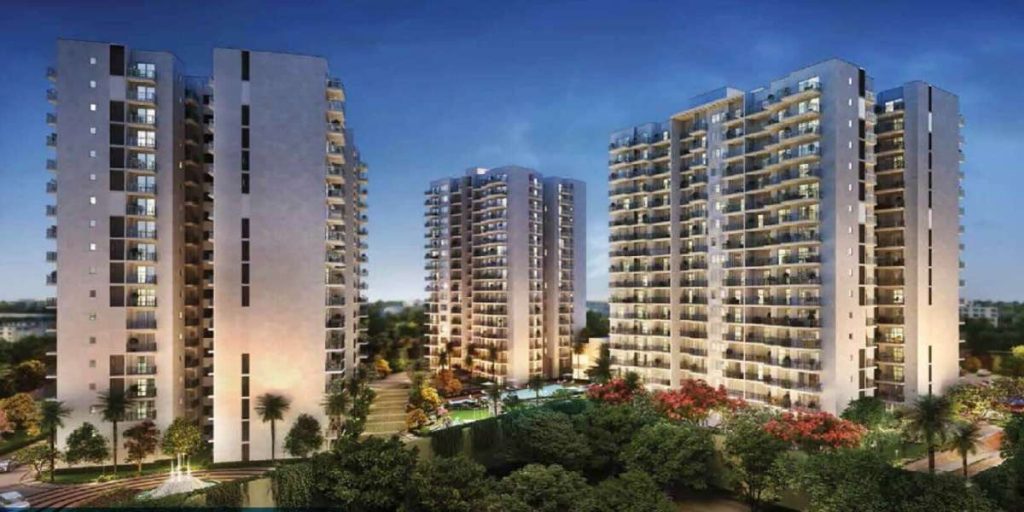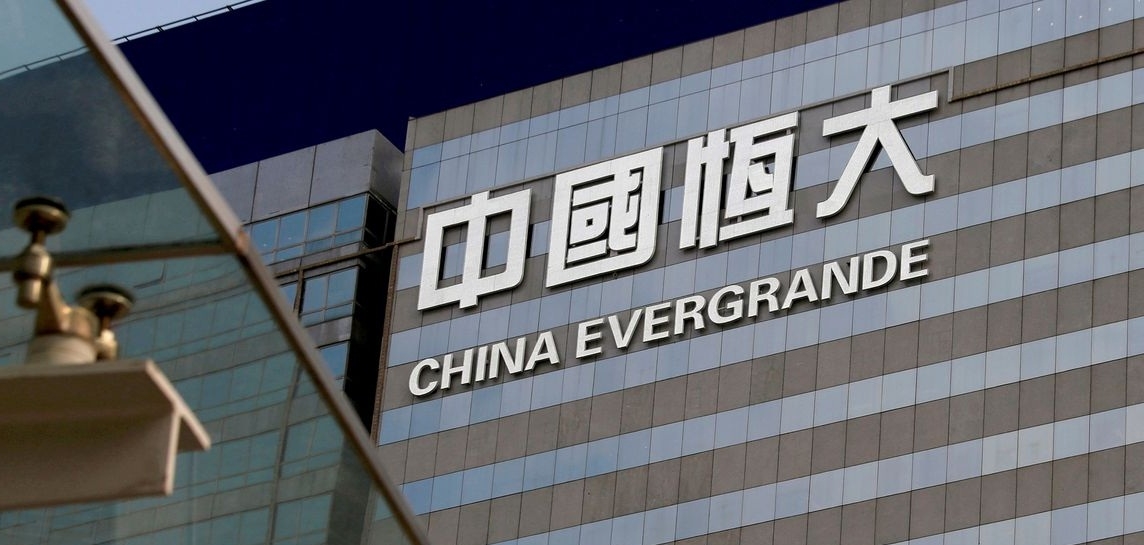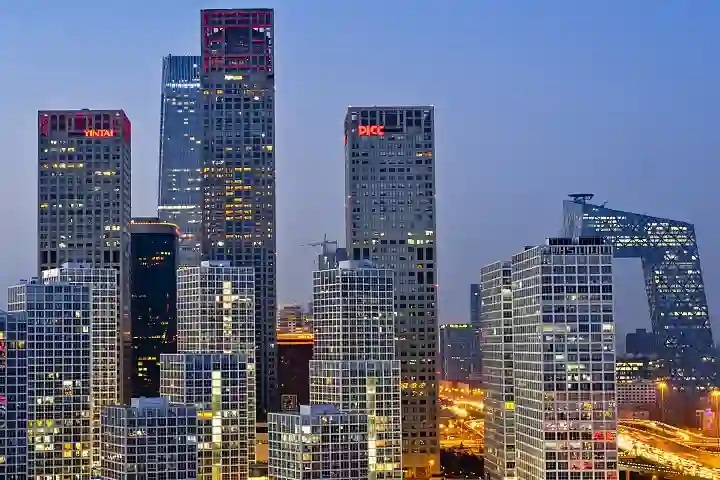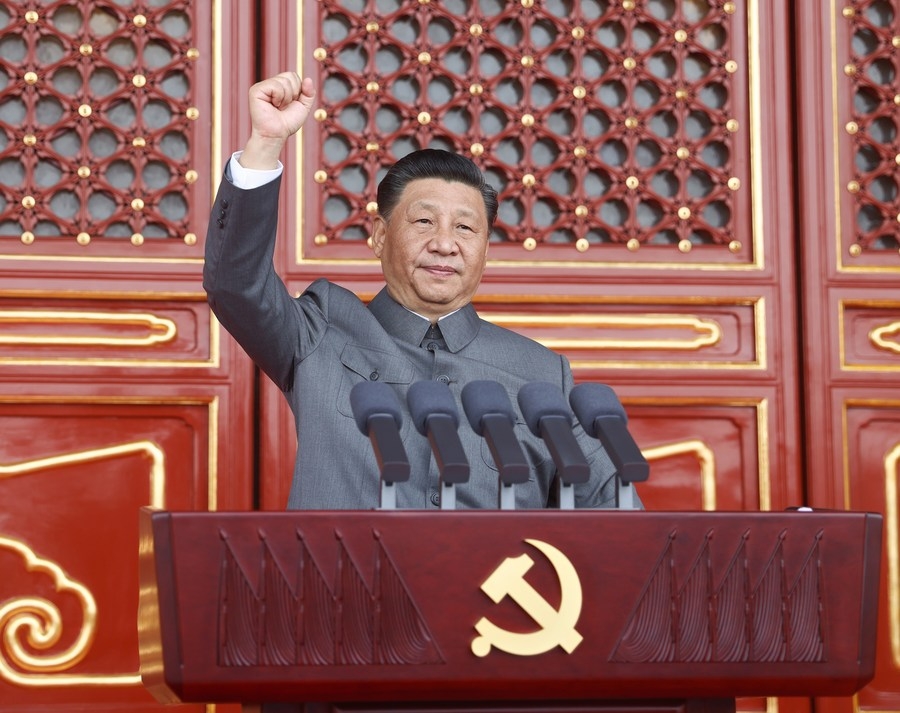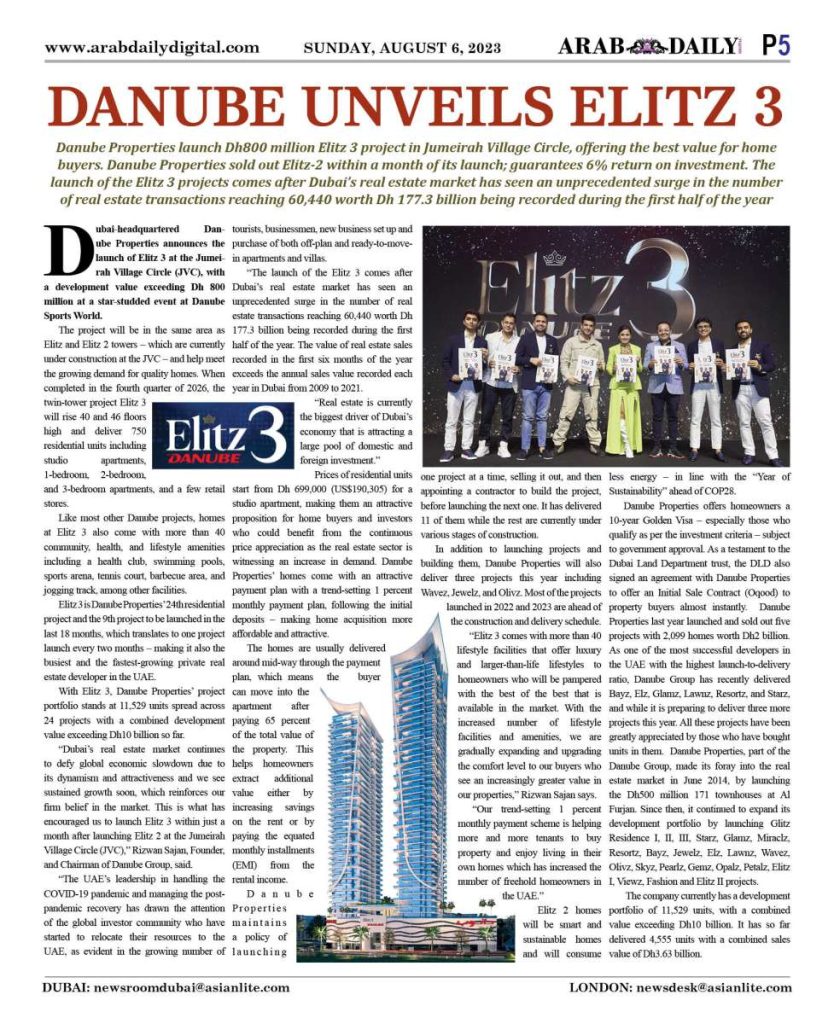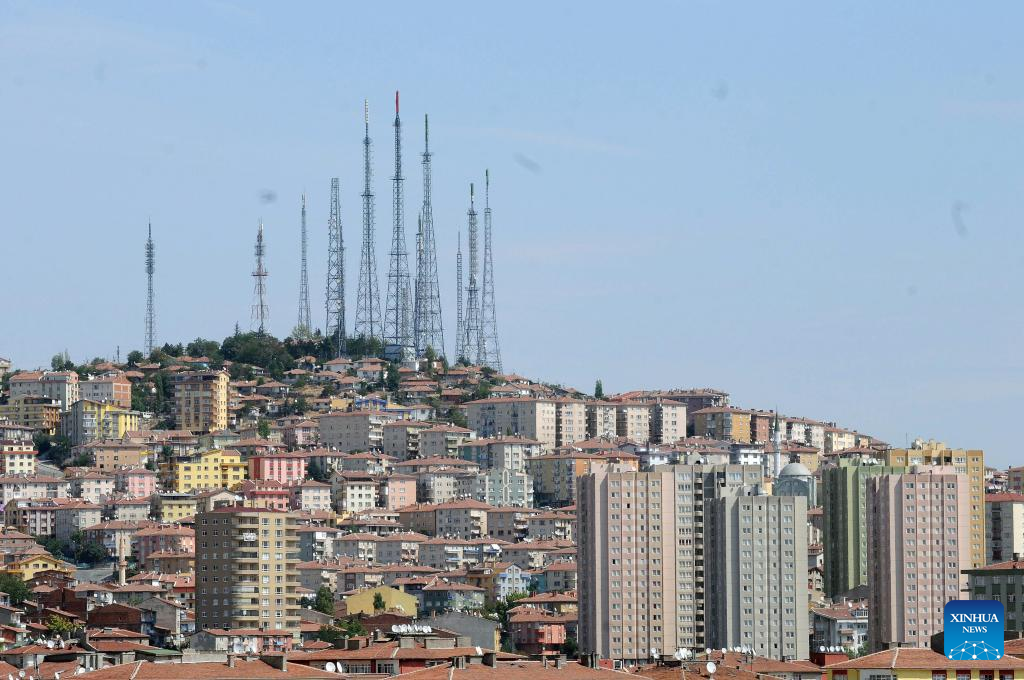Dubai’s luxury home market sees a 19 percent increase in sales, with Palm Jumeirah leading in both sales volume and total value, while Dubai Hills Estate emerges as a rising hotspot for luxury home buyers…reports Asian Lite News
According to the latest analysis from global property consultant Knight Frank, one hundred and five homes priced in excess of US$10 million were sold in Dubai during the first three months of the year. This marks a 19 percent increase compared to Q1 2023.
Faisal Durrani, Partner – Head of Research, MENA, explained, “The level of deal activity in Dubai continues to strengthen, particularly at the top end of the market, where the near constant stream of international high-net-worth-individuals vying for the city’s most expensive homes persists.
“The laser-like focus of the global wealthy on Dubai is best reflected in the rapid deterioration in the volume of $10 million+ homes for sale, which has fallen by 59 percent across the city over the last 12 months to just 864 homes.”
The total value of luxury homes sold during Q1 stands at $1.73 billion, up six percent from Q1 2023. This builds on Dubai’s emergence as the world’s busiest $10 million+ homes market.
Knight Frank says that last year, Dubai recorded 431 home sales above $10 million, nearly 80 percent higher than the next nearest contender—London (240). New York (211) rounded off the world’s top three most active luxury home markets in 2023.
Palm Jumeirah registered deals worth $628 million, and dominated the luxury homes market during Q1, accounting for 36.3 percent of sales by total value. Jumeirah Bay Island (11.1 percent) and Dubai Hills Estate (seven percent) followed in second and third place, respectively.
While Palm Jumeirah (39) also led the pack in terms of the total number of luxury homes sold, Palm Jebel Ali (ten) and Business Bay (seven) registered more high-end home sales than Jumeirah Bay Island or Dubai Hills Estate.
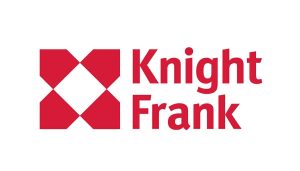
According to Knight Frank, other markets, away from the headline-grabbing Palm Jumeirah, Jumeirah Bay Island, and Emirates Hills, are fast rising in prominence among luxury home buyers, with Dubai Hills Estate, for instance, standing out as a market to watch.
Will McKintosh, Regional Partner and Head of Prime Residential, MENA, said, “Dubai Hills Estate has quietly for some time been rising up the ranks as not only one of Dubai’s most sought-after markets for domestic buyers, but now luxury home buyers are increasingly active here too.
“The relative proximity to both Downtown and New Dubai, combined with access to an international school, excellent neighbourhood facilities and amenities, and, of course, its abundance of green space, is quickly making Dubai Hills Estate one of Dubai’s most desirable neighbourhoods. Prices have unsurprisingly responded to the growing demand to live here and have risen by almost 11 percent in the last 12 months, while the number of homes available for sale has fallen by 75 percent to just over 1,000 units this past March.”
Knight Frank has previously found in its Destination Dubai 2023 report that access to parks and green space ranks as the most important consideration amongst global HNWI when considering an investment in the emirate.
According to Knight Frank, Dubai’s prime residential market, which includes Palm Jumeirah, Jumeirah Bay Island, and Emirates Hills, has also experienced a surge in performance.
Durrani concluded, “After growing by 16.3 percent in 2023, following an extraordinary 44.4 percent increase during 2022, Dubai’s prime residential market has grown by 26.3 percent over the last 12 months, easily making it one of, if not the fastest growing prime residential market globally. While these startling growth rates are phenomenal, it does not take away from the fact that Dubai’s luxury homes market still remains one of the most affordable in the world.
“Indeed, $1 million secures some 980 square feet of prime residential space in Dubai, compared to just 366 square feet in New York, 355 square feet in London, or 172 square feet in Monaco.”
ALSO READ : Abu Dhabi Real Estate Market Flourishes in Q1 2024

